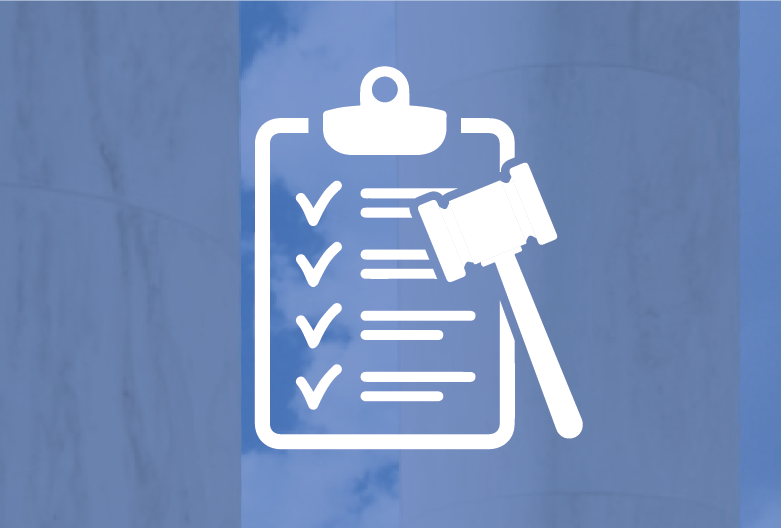
Every current and former federal employee should be aware of the following policies:
Codes of Conduct for United States Judges and Judicial Employees
Set standards and expectations for conduct in judicial workplace
Employment Dispute Resolution (EDR) Plans
Each court provides options for employees to address concerns about discrimination, harassment, abusive conduct, and retaliation
Rules for Judicial-Conduct & Judicial-Disability Proceedings
Allows anyone to report or file a complaint of misconduct or disability against a federal judge
Note: Confidentiality requirements do not prevent any employee from reporting wrongful conduct. See Model EDR Plan, § III.